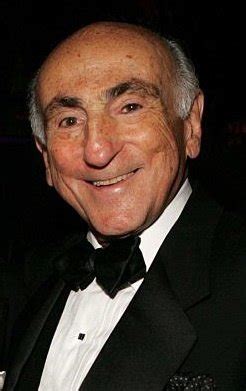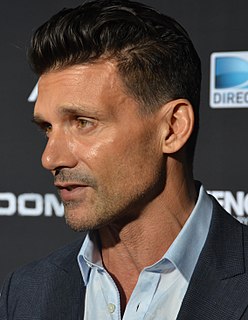A Quote by Thomas P.M. Barnett
An economically confident America has - since becoming a world power at the start of the 20th century - tended toward global engagement. It is during times of economic stress (1930s, 1970s) that America has become more withdrawn.
Related Quotes
Now I've come to such a mixed culture: America, Europe, South America, Africa. And the politics are changing everywhere all the time and becoming even more unpredictable. There's no such thing as "fixed" culture. China is also becoming more global. Its problems are becoming international problems, becoming German problems, becoming American problems. Nothing is clear-cut. Perhaps I'll find my way - or get totally lost.
God Bless America started to become an almost ritualistic incantation at the end of political speeches really with Ronald Reagan. It appears occasionally before, but it was not that common. And of course since it was a song that wasn't written by Irving Berlin until the 20th century (laughter), none of the 19th century presidents said God Bless America at the end of speeches, either. I think that the symbolism which suggests that everybody is religious and that even presidents who believe in church and state feel obliged to do this.
With a few exceptions like Kraftwerk, most great 20th century Western music is in some way American-based. And the great paradox of America, the paradox that distills America, is that this greatest of American contributions to humanity, this American contribution that probably has influenced more people around the world for the good, that probably has brought more people around the world unqualified joy, was born of America's greatest evil, slavery. Or one of the two great evils anyway, counting the European extinction of those who were on the continent first.
Until the Left took over American public education in the second half of the 20th century, it was generally excellent - look at the high level of eighth-grade exams from early in the 20th century and you will weep. The more money the Left has gotten for education - America now spends more per student than any country in the world - the worse the academic results. And the Left has removed God and dress codes from schools - with socially disastrous results.
America is the big subject of the second half of the 20th century, tackled in one form or another by all the great American male writers. You could make a case for saying that it was the only game in town - from Bellow to Roth to Updike to Richard Ford - America was more or less explicitly the leitmotif.
Automobile in America,Chromium steel in America,Wire-spoke wheel in America,Very big deal in America!Immigrant goes to America,Many hellos in America,Nobody knows in America,Puerto Rico's in America!I like the shores of America!Comfort is yours in America!Knobs on the doors in America!Wall-to-wall floors in America!


































